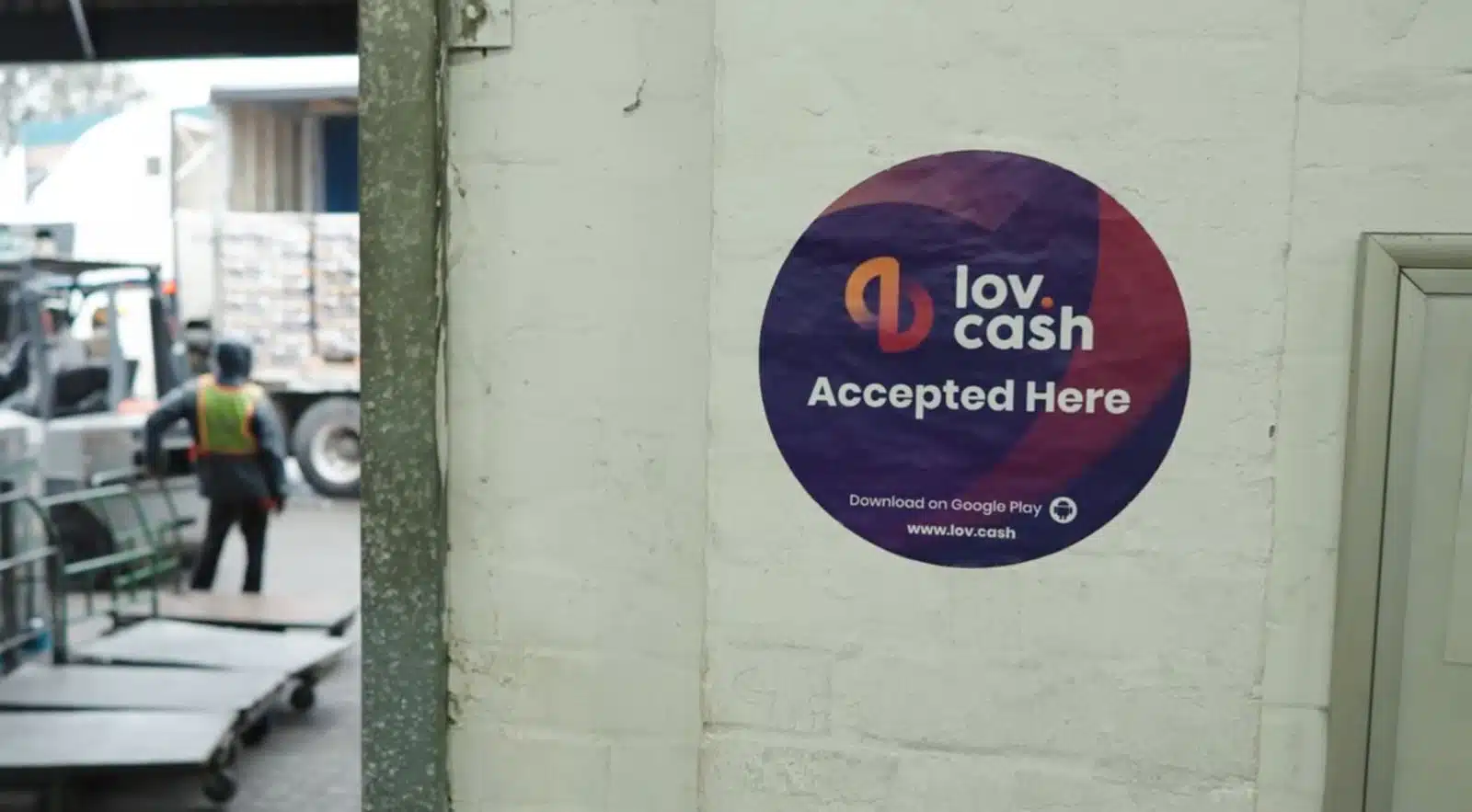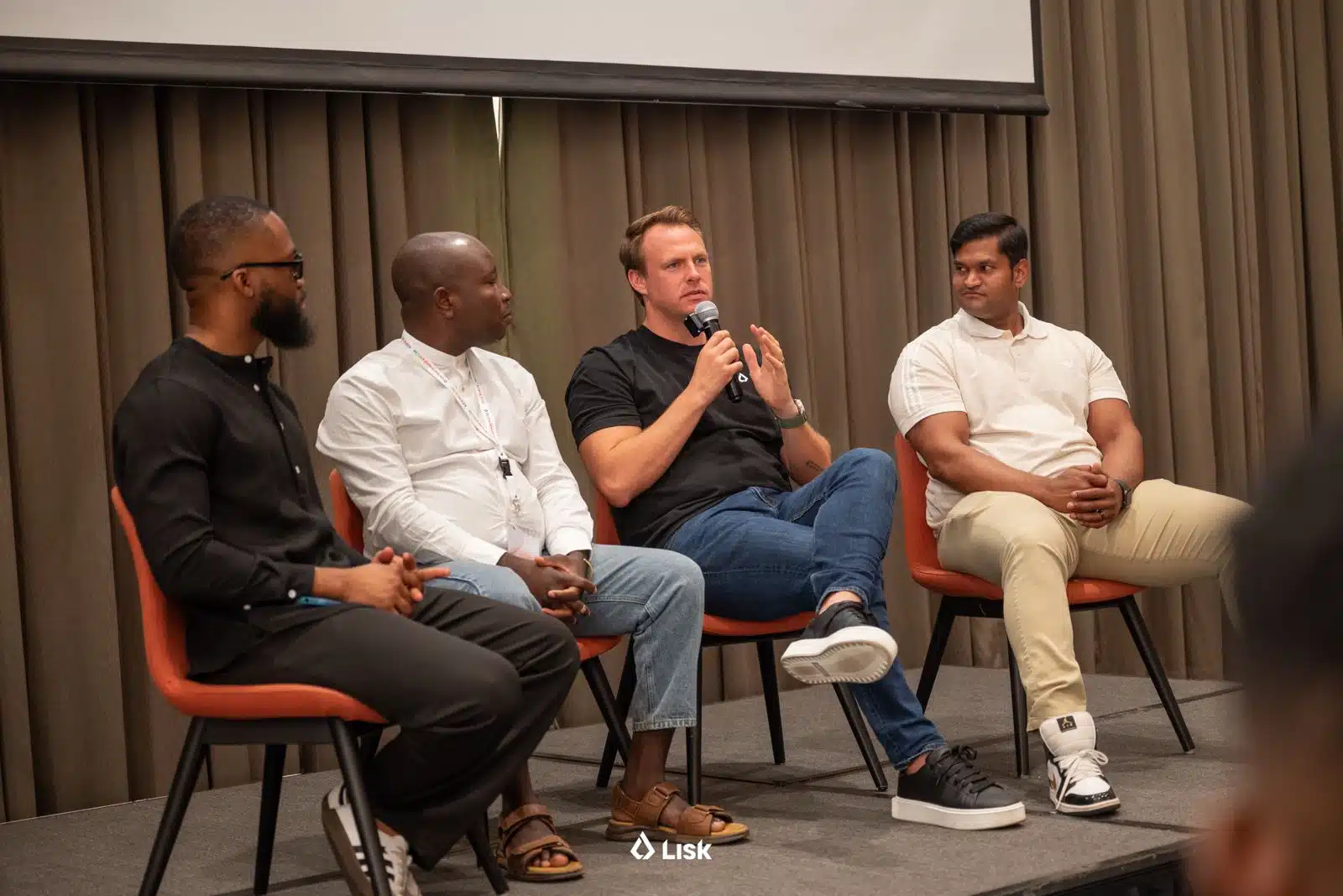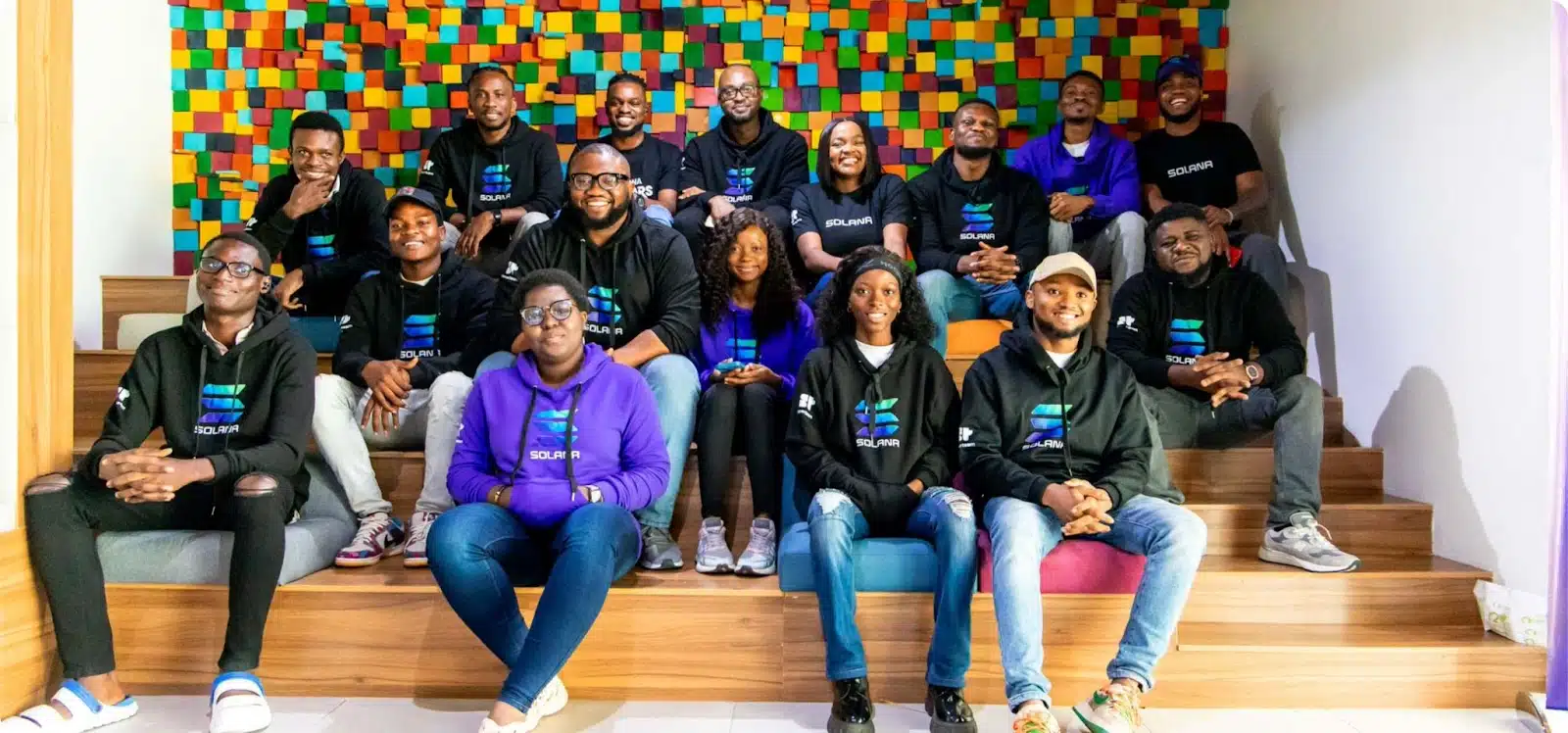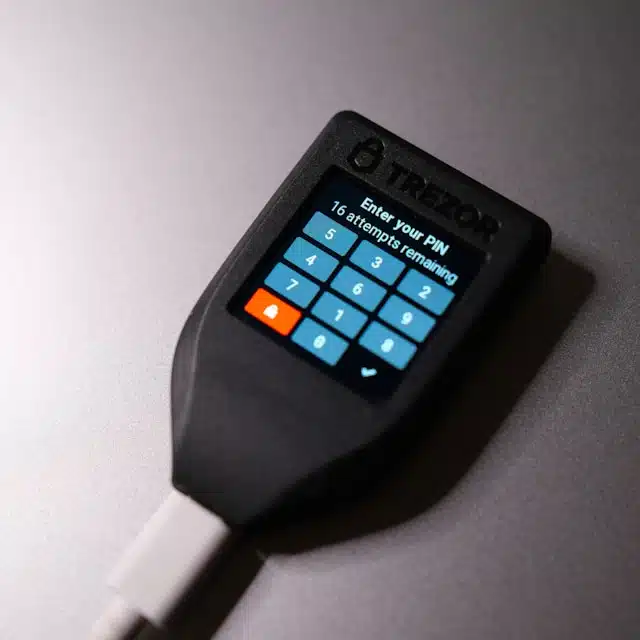South Africa’s fast-moving consumer goods (FMCG) market moves over $10 billion worth of products every month, according to Costas Constantinou, Founder and CEO of LovCash.
Yet, manufacturers often have no idea how those goods perform in the market. Constantinou believes that the gap in visibility is where a lot of value — and money — is lost.
“The companies that manufacture these goods have little to no visibility into how their products move after the factory gate. From the wholesaler to the informal trader and final consumer, they don’t know what happens,” Constantinou told Techpoint Africa.
LovCash wants to close that gap by capturing last-mile trade data from the informal retail sector — the small-scale shops and vendors responsible for much of Africa’s consumer trade.
Founded in 2018 by Constantinou, LovCash has grown rapidly and now works with over 3,700 informal retailers across multiple townships.
The startup partners with nine of the country’s largest FMCG wholesalers, positioning itself as a critical bridge between manufacturers and underserved retail outlets.
The platform is designed for spaza shops (small shops in residential areas) and informal traders operating largely in cash. Retailers use the LovCash mobile app to record stock purchases, sales, pricing, and consumer preferences.
That data is stored securely on Lisk’s layer 2 blockchain, where it becomes verifiable and shareable with back-office partners, without exposing sensitive individual retailer information. The platform has expanded by more than 275% in the past five months and is actively used by thousands of merchants.
Not digitising for the sake of it
Constantinou’s LovCash is not digitising for the sake of it. He noted that most informal traders still operate entirely in cash, but that a cash-based economy makes transactions about 4% more expensive due to inefficiencies in handling, transport, and fraud risk.

Victoria Fakiya – Senior Writer
Techpoint Digest
Stop struggling to find your tech career path
Discover in-demand tech skills and build a standout portfolio in this FREE 5-day email course
While traditional banks might seem like a better option, Constantinou explained that they still come at a cost.
“Banking takes about 1% per transaction. So for someone transacting R20,000 ($1,100) a month, that’s R200 ($11) gone. For these traders, that’s their margin,” he explained.
LovCash solves this problem by covering transaction fees using Lisk’s layer 2 blockchain. Instead of pushing users to adopt unfamiliar crypto wallets or tokens, the company designed the platform so traders can transact in fiat, while Lisk quietly powers the backend.
“They don’t even know we’re on blockchain,” Constantinou noted, emphasising the importance of usability over hype. This approach ensures the traders retain all their margins and get real value from going digital.
Digitisation also benefits the FMCG companies. By tracking transactions in near real-time, companies and wholesalers can now see how their products move through informal retail.
They can run product performance analytics at the last mile and offer targeted digital coupons to end consumers. “We’re not trying to make people use tech for tech’s sake. We’re solving real pain,” Constantinou said.
Building blockchain for the real world
Unlike much of the typical Web3 space, Lisk focuses on utilizing its blockchain infrastructure to address real-world problems.
That’s why COO Dominic Schwenter told Techpoint Africa that the company already supports about 100 African founders building startups that tackle everyday challenges.
In the Web3 ecosystem, many blockchain projects tend to focus on launching tokens, building decentralised finance (DeFi) platforms, or creating tools primarily for crypto-native users — often with limited relevance to real-world use cases.
While those projects can be profitable, Schwenter acknowledged that Lisk is taking a different approach.
“We might not see profitability in the beginning,” he said. “But we believe in long-term value and real adoption. That’s where the next wave of blockchain impact will come from.”
Rather than chase speculative crypto trends, Lisk is investing in infrastructure and partnerships that show how blockchain can work in complex markets.
In LovCash’s case, that means removing payment friction for informal traders and giving FMCG brands meaningful data visibility.
Lisk is betting on a future where blockchain helps companies solve tough, real-world problems, not just mint tokens for short-term gains.











